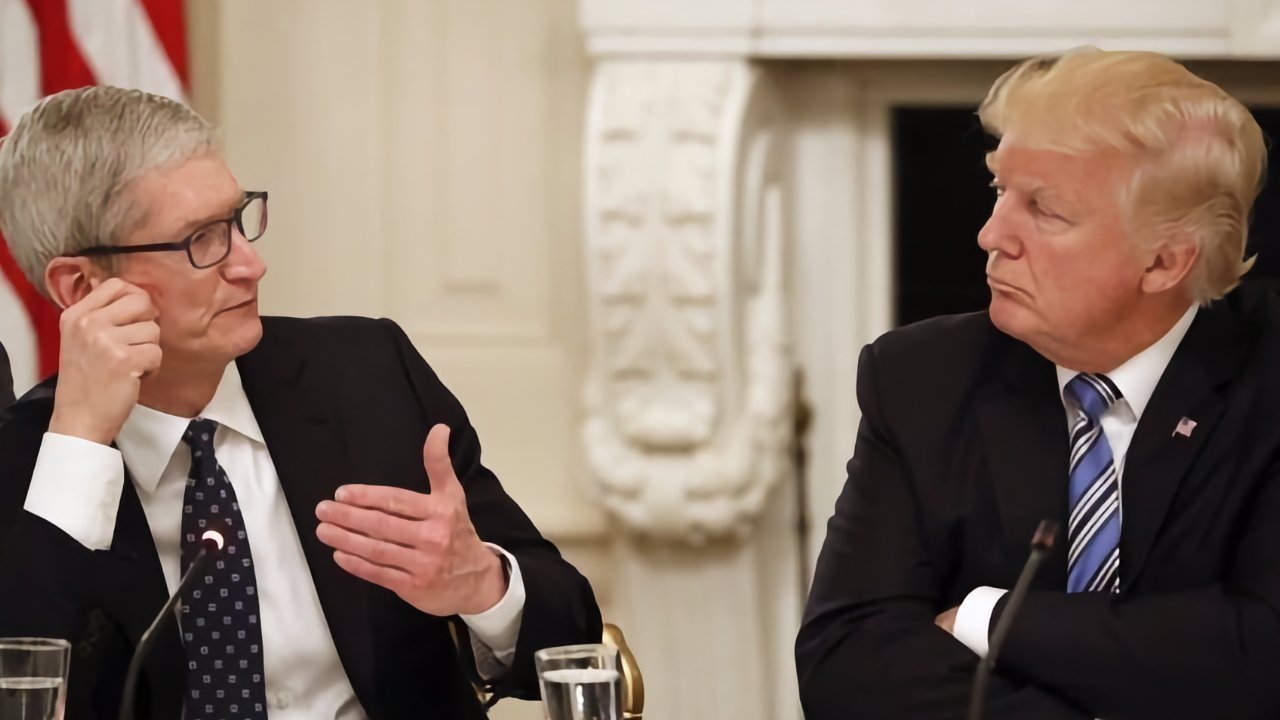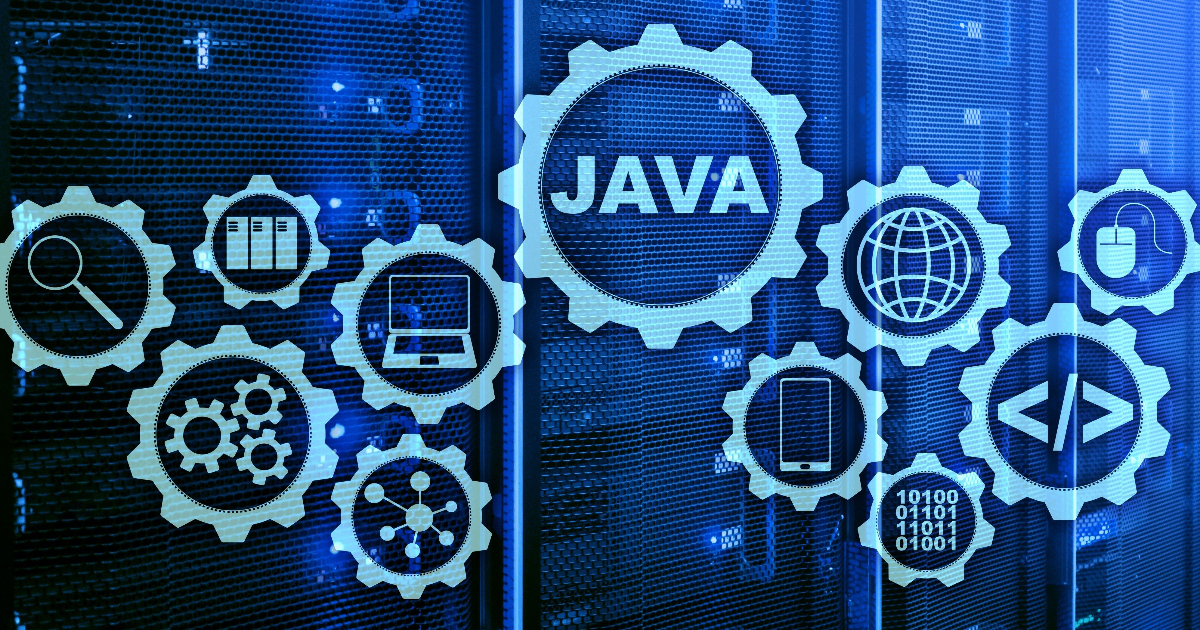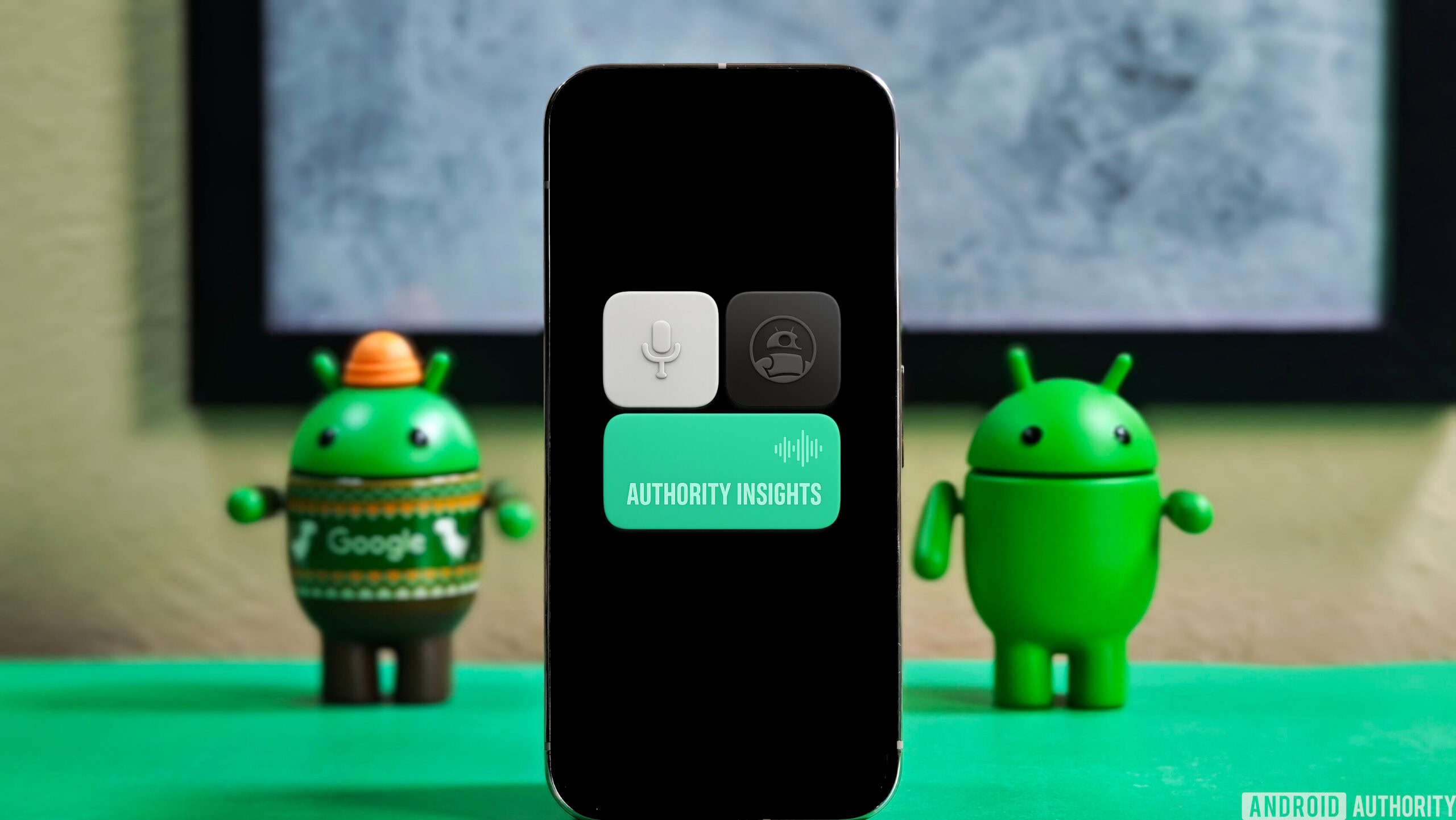Apple has received a tariff exemption, thanks to its $100B U.S. investment.
Apple has secured an exemption from the Trump administration’s 100% semiconductor import tariff, but it’s not clear how much this will impact Apple’s bottom line.
Following an initial report and secondary confirmation early on August 6, Apple has revealed its plans to invest $100B in U.S. manufacturing efforts. While there are no new companies named, nor any efforts to move full device assembly to the US, the company’s investment has earned it an exemption from Trump’s tariffs on semiconductor imports.
During the announcement, which also featured Apple CEO Tim Cook, President Trump outlined his plans for semiconductor import fees. While a 100% tariff will be put in place, exemptions will be made for companies like Apple, which make efforts to bring manufacturing back to the United States.
“We’re going to be putting a very large tariff on chips and semiconductors,” President Trump said, “The good news for companies like Apple is, if you’re building in the United States, or have committed to build, without question, committed to build in the United States, there will be no charge.”
“So, 100% tariff on all chips and semiconductors coming into the United States. But, if you’ve made a commitment to build, or if you’re in the process of building, there is no tariff, ” President Trump told members of the press.
Apple doesn’t import much into the US, as it doesn’t manufacture that much in the US. Components like the Face ID module that are built in the US are mostly assembled from US-manufactured chips.
Commenting on Apple’s $100 billion plan, Trump said the company is “not making this kind of investment anywhere in the world, not even close.”
The reality of it, however, is that this figure is in line with Apple’s prior efforts and announcements both in the US and elsewhere in the world. It also has almost nothing to do with iPhone manufacturing.
How Tim Cook gets Trump to help Apple, and what the tariff exemption means for consumers
Cook has an established way of negotiating with Trump, where their conversations typically revolve around a singular issue of importance to Apple. This strategy helped Cook secure a tariff exemption for Apple during President Trump’s first term in office, and it’s not fully clear what will happen in 2025 with the iPhone 17 imminent.








